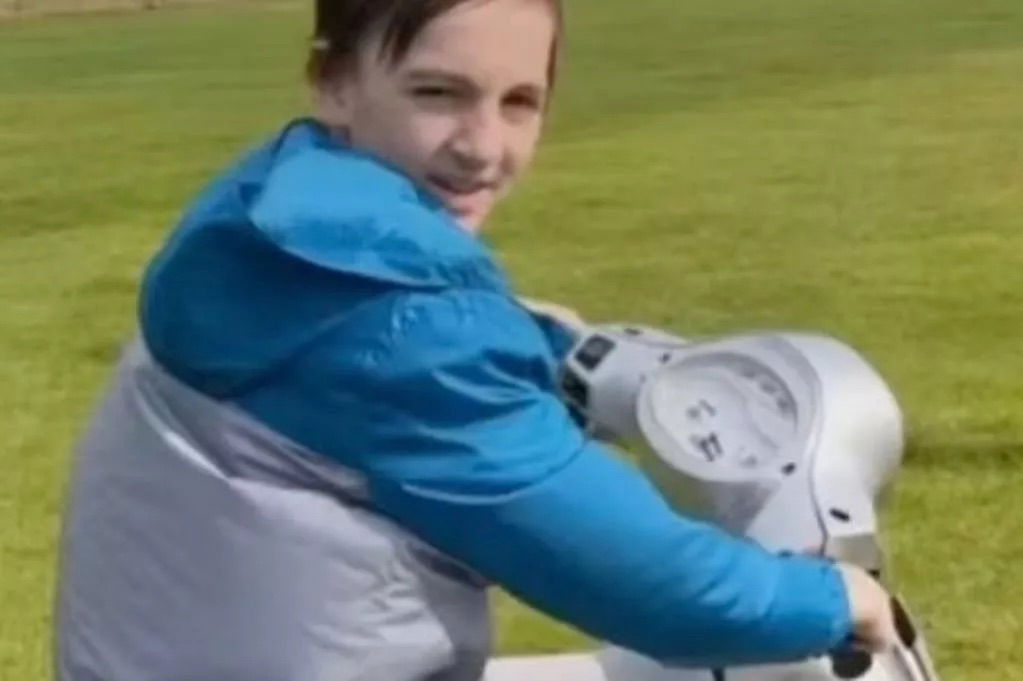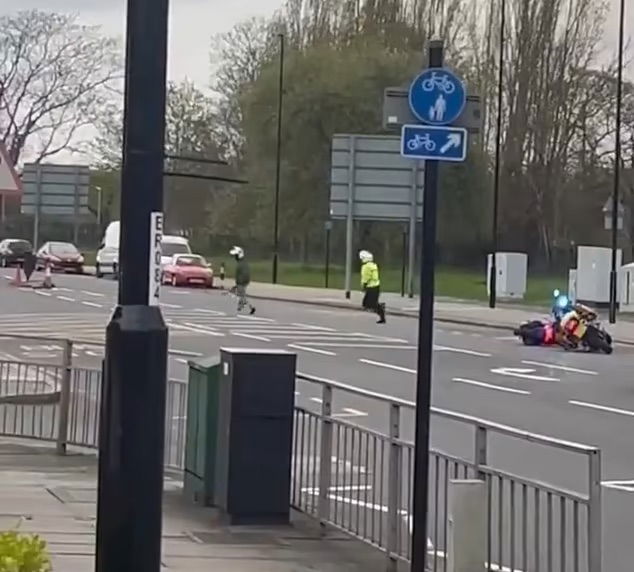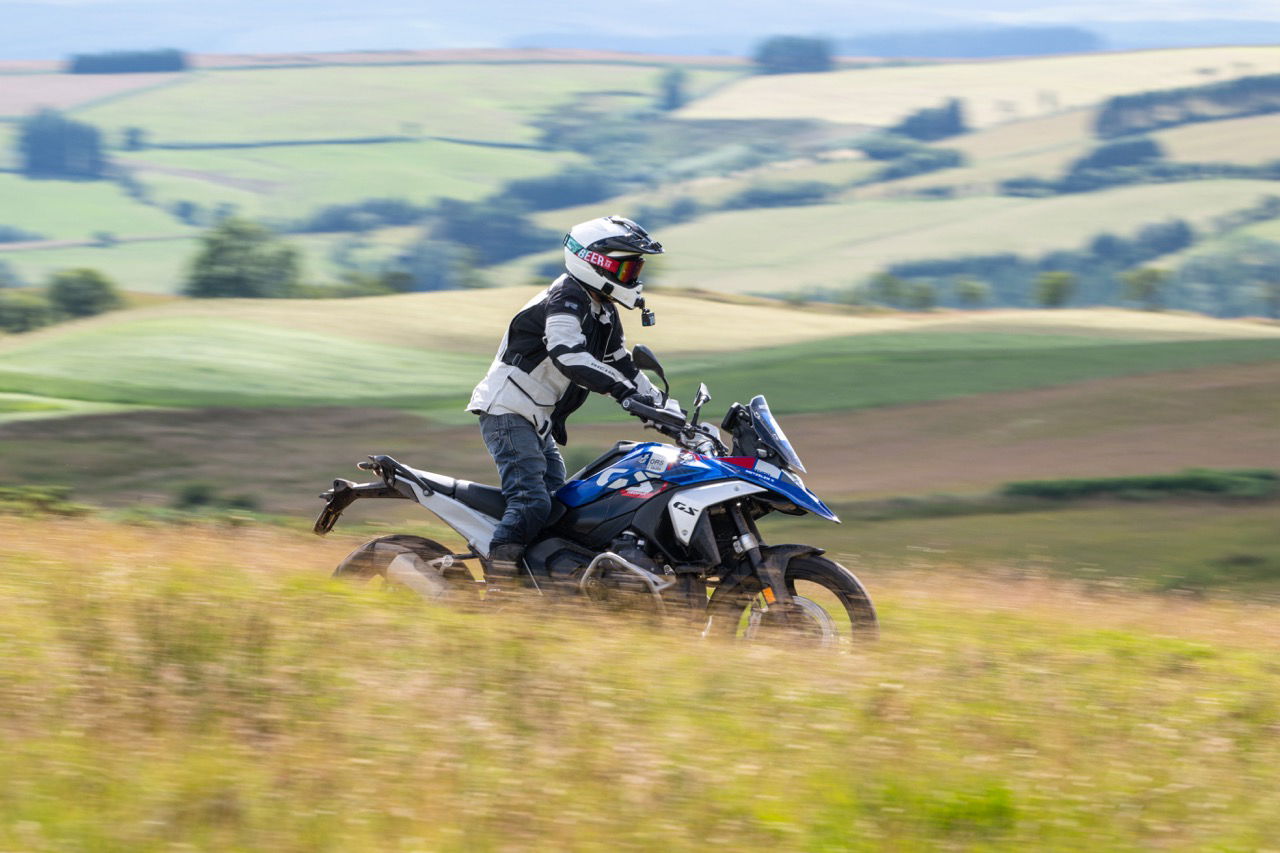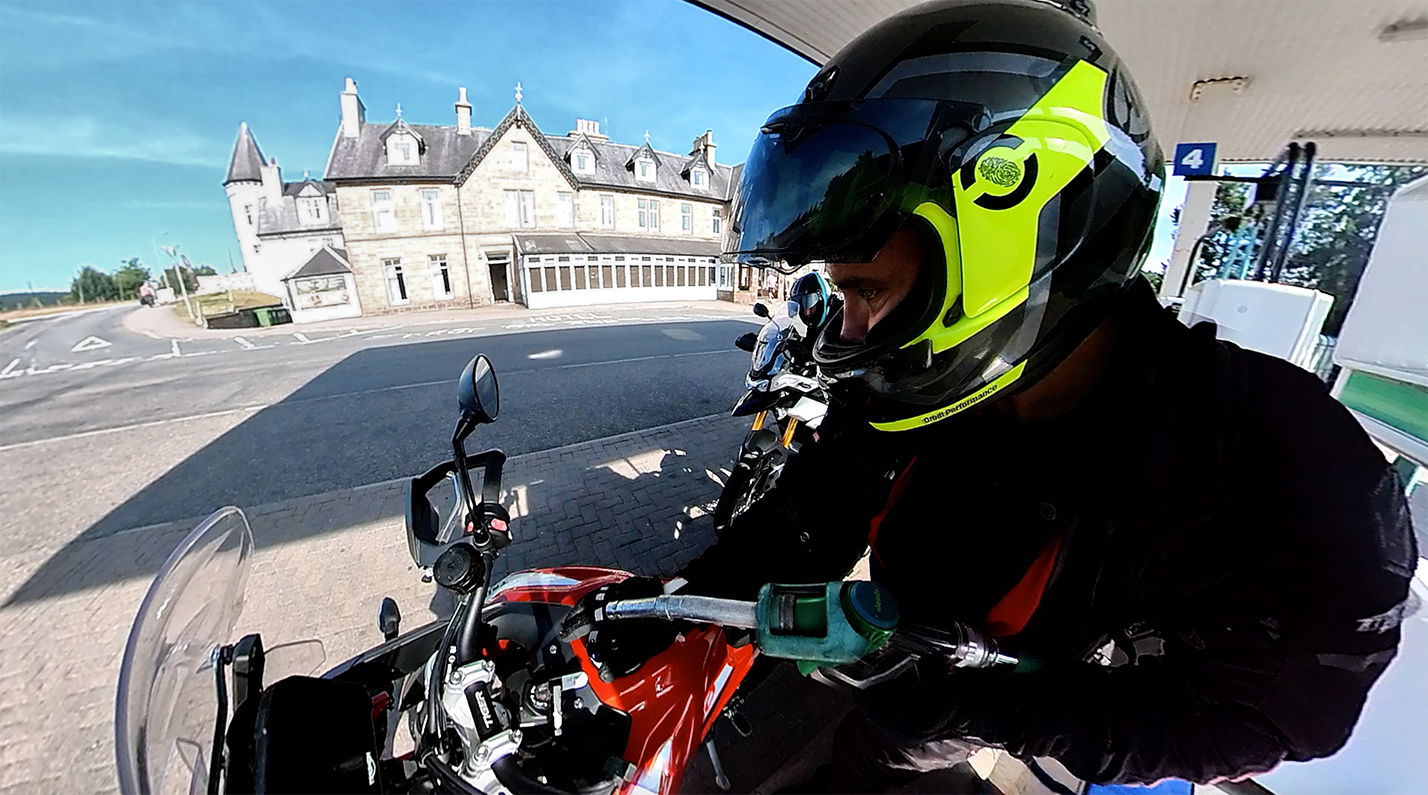Burglary victim who chased thieves cleared of dangerous driving
The defendant and homeowner in the Dean Barnes case has been cleared, but there is much more to this ruling than simply victim justice.

You may remember we covered a news story regarding a teenager called Dean Barnes who was killed while trying to flee the scene of a theft on the back of a stolen motorbike. The verdict in that case is in, and it seems like a win for common sense, if not the young boy's family.
For those that don’t know, Dean and three friends were burgling a shed and in the process of making off with three dirt bikes. None of the bikes were road legal, and none of the riders licenced - and they obviously weren’t insured. Dean, pillion on one of the bikes after ditching the PW50 he had pinched, was killed instantly following a collision with a completely innocent driver after the bike he was on ran a junction without stopping - it’s worth noting this all took place at night.
The court case wasn’t centred on the burglary, with both the defence and prosecution pointing out that there was no doubt that the people in question were behind it. Instead, this case related to the homeowner's actions following the theft.
Callum Duncan, aged 28, was awoken by the three people making off with his bikes. He did what many of us would do and gave chase, trying his best to get back what was his. He got in his car and drove after the three. At no point during this time did he crash into or make contact with any of the riders. He simply followed them. For this, and not assisting Barnes as he lay at the side of the road (just like his ‘friend’, who was riding the bike didn’t), Duncan was up on a charge of causing death by dangerous driving.

That case closed earlier this week, and for once, it seems like common sense has prevailed. Duncan was cleared of the charge levelled against him. Moreover, Adam Norman, who was riding the bike that Barnes was pillion on, has been convicted of causing death by dangerous driving. And while that seems like a victory for common sense and a case of justice going the way of the victim, there is still another family who has lost their son.
And that isn’t stopping.
Just this week, another teenager, this time just 14 years old, has been killed on the streets of Sheffield. It’s a familiar story: a teenage boy riding an uninsured, unregistered bike collides with a car and loses his life. Tributes pour in, and a vigil is held, and the family and friends post heartfelt messages about the child on social media and in the press.
But when is it going to stop? How many more lives do we need to see getting lost before the police, the government, or anyone takes the lead and actually does something about it?
The summer is only getting hotter and sunnier, and the number of bikes on the streets of my home town - of the illegally ridden variety - is only increasing. The riders seem to flaunt the police, ride past them on one wheel, and don’t seem to come up against any kind of resistance whatsoever.
The flip side, though, is what more can the police do?
The number of police on active duty in the UK has remained relatively static in the last year or so - 147,746 officers in England and Wales, according to the Commons Library. Look back to 2010, though, and there were four per cent more officers on duty. So they are fighting with one arm behind their backs by battling a growing problem with fewer officers on the beat.
Tactical contact has been an effective deterrent against motorcycle-related crime in the capital, with the Guardian reporting a 36 per cent reduction in thefts that involved mopeds or scooters the year following its introduction in 2018. It’s a highly contentious tactic, though, and can only be carried out by specially trained officers and with authorisation from the top of the chain of command. It’s also generally only called upon when there is an inherent risk to the safety of the general public - a motorcyclist escaping by riding on the pavement, for instance.

Above - a MET Police officer uses his motorcycle and tactical contact to stop an illegal motorcycle rider
There is also a bigger drive to combat motorcycle-mounted crime in London, as it is linked to much more serious organised crime. With many of the bikes stolen outside of the Met area simply being taken to be thrashed around by the thieves who took them, the chances of the police using such a manoeuvre outside of the capital are slim.
The verdict in the Dean Barnes case may feel like a line drawn under one chapter, but the wider story is still very much unfolding, and it’s not heading in a positive direction. While the courts rightly cleared Callum Duncan of wrongdoing, the alarming regularity of these incidents is what really should be keeping people awake at night. We’re not just talking about anti-social behaviour here, we’re talking about kids dying.
Whether it’s Sheffield, Birmingham, London or anywhere else in the UK, the sight of teenagers on stolen, unregistered bikes is becoming almost normalised, and with it, so too is the tragedy that often follows. The police are underfunded, the law seems toothless outside of big cities, and the response from government, communities, and even the motorcycle industry, remains fragmented and reactive at best.
Until we stop viewing this solely through the lens of crime, and start treating it like the public safety emergency it is, we’re going to keep hearing about teenagers being killed on the streets. And I don’t want to write another one of these stories.
Find the latest motorcycle news on Visordown.com


